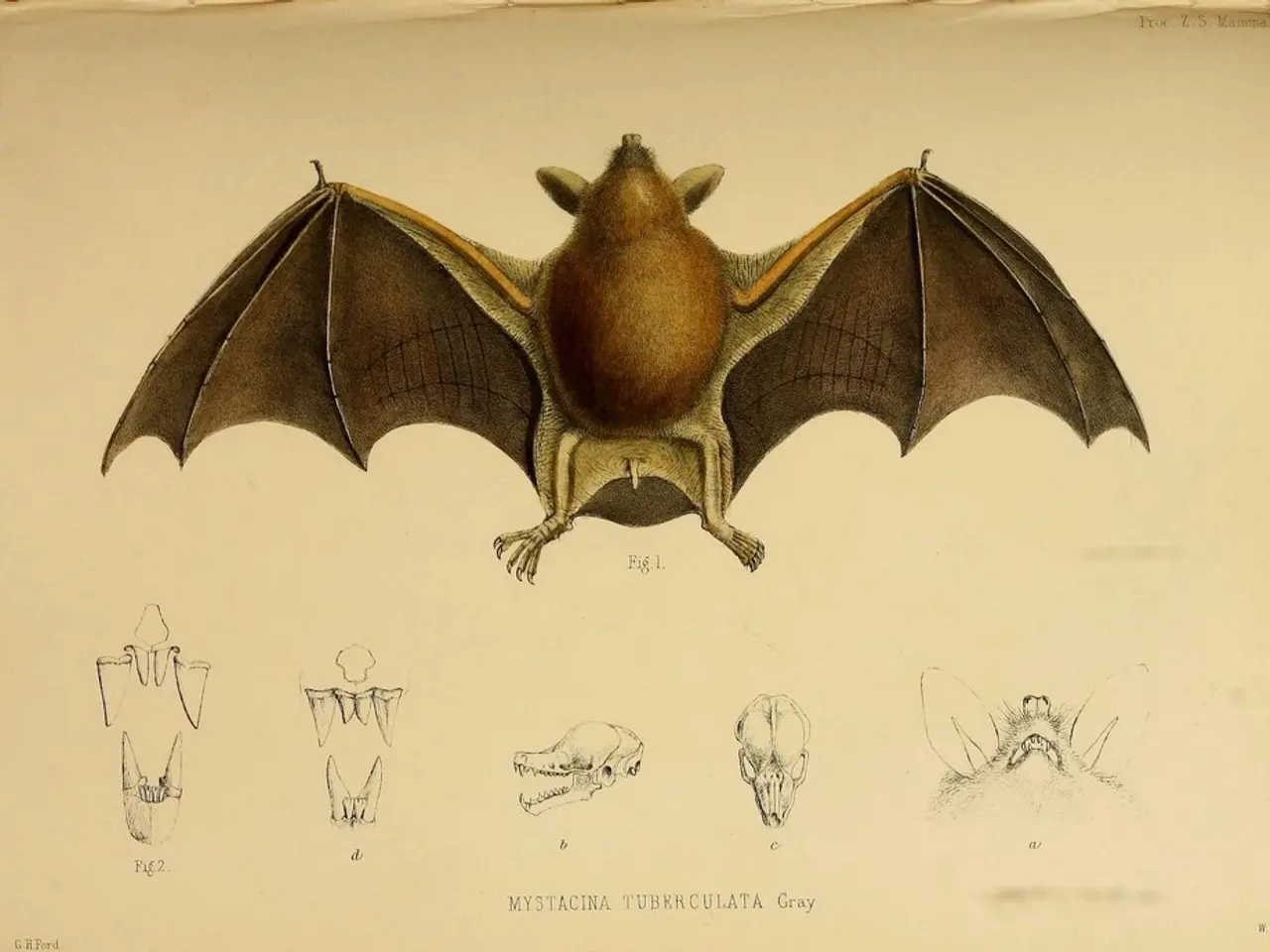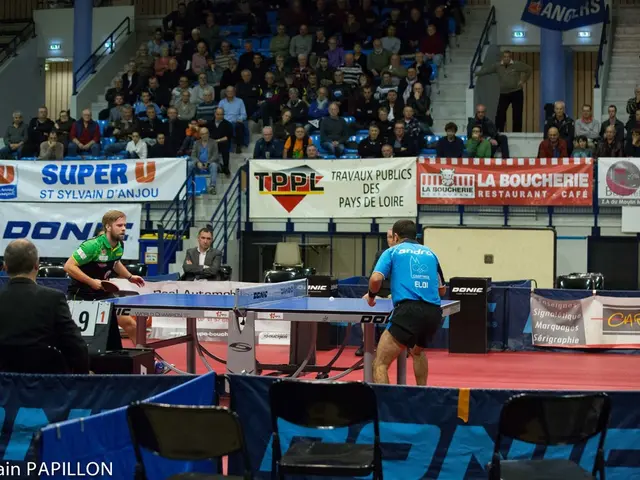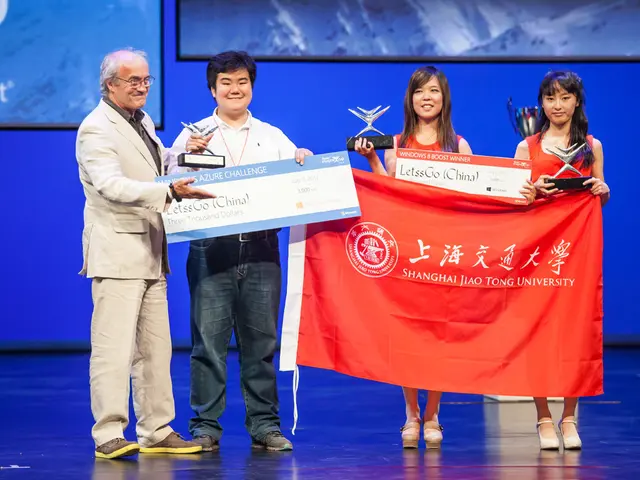Major world powers South Korea, China, and Japan dominate the global market for Electric Vehicle (EV) battery minerals, accounting for 94% of total purchases.
In the rapidly evolving world of electric vehicles (EVs), three Asian powerhouses - South Korea, China, and Japan - hold a strong grip on the global battery mineral market.
China, in particular, has been aggressive in securing major mining assets overseas, especially in Africa. State-owned enterprises have been key players in this expansion, with companies like CATL, Ganfeng Lithium, and Tianqi Lithium collaborating to acquire overseas mining assets in lithium, nickel, and cobalt.
South Korea also has significant stakes in 15 mines producing these key minerals. As revealed by a survey conducted by the Korea Chamber of Commerce and Industry in July 2024, these mining stakes are a testament to South Korea's active participation in the global battery mineral market.
Japan, on the other hand, relies on partnerships between private trading companies and state-backed firms to obtain mineral resources. The country has stakes in 31 mines producing these key minerals.
When it comes to battery technology, South Korean and Japanese firms specialise in NCM batteries, while Chinese companies dominate LFP batteries. However, China is quickly catching up to South Korean and Japanese firms in NCM battery technology.
The first quarter of this year saw companies from these three countries accounting for 94% of global purchases of critical battery minerals. The top four companies, including China's CATL and BYD, South Korea's LG Energy Solution, and Japan's Panasonic, made up two-thirds of total purchases.
China led in raw material spending for battery metals with $1.635 billion, followed by South Korea with $918 million and Japan with $277 million. A total of $3.01 billion worth of battery metals were used in newly sold EV battery packs worldwide in the first quarter.
Notably, China holds a significant advantage in securing overseas minerals with government support. The country holds stakes in 407 mines producing lithium, nickel, and cobalt, the key minerals for cathode materials. In the LFP battery market, China nearly has a monopoly.
The gap in securing raw materials is wider in China's favour, with South Korea remaining over 90% dependent on China for critical materials such as precursors and graphite. This dependency poses challenges for South Korea's ambitions in the EV market.
In conclusion, the battery mineral market is a competitive landscape, with Asia leading the charge. As the world continues to transition towards electric mobility, the race to secure raw materials will undoubtedly intensify.







